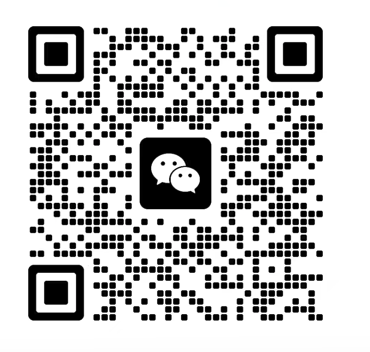The management of the Customs Union is carried out by an intergovernmental commission, which includes representatives of all the member countries. According to these agreements, this body conducts its business from the capital of Russia.
TR CU 024/2011 “Technical regulations on oil and fat products “
ТR CU 025/2012 “On the safety of furniture products “
TR CU 027/2012 “On the safety of certain types of specialized food products, including dietary”
TR CU 029/2012 “Safety requirements for food additives, flavors and technological aids”
TR CU 030/2012 “On the requirements for lubricants, oils and special liquids”
TR CU 031/2012 “On the safety of agricultural and timber
TR CU 032/2013 “On the safety of equipment operating under excessive pressure”
TR CU 033/2013 “On the safety of milk and dairy products”
TR CU 034/2013 “On the safety of meat and meat products”
TR CU 037/2016 “On Restriction of the Use of Hazardous Substances in Electrical and Radioelectronic Products”
TR CU 038/2016 “On Safety of Attractions”
TR CU 041/2017 “On the Safety of Chemical Products”
TR CU 042/2017 “On the Safety of Equipment for Children’s Playgrounds”
CERTIFICATES OF THE CUSTOMS UNION: CONFIRMATION OF CONFORMITY OF PRODUCTS TO GOST OR TECHNICAL REGULATIONS
The main purpose for the introduction of certification of the Customs Union is to ensure the conformity of goods to both state standards (GOST) and the technical regulations, the following of which have already been adopted by all Customs Union partners:
Regulations that guarantee the safety of packaging of certain goods, as well as a variety of products for children and adolescents;
Technical regulations on the safety of production equipment and machines and devices used in production where there is a risk of fire or explosion, as well as apparatuses operating on gas fuel;
Technical regulations on the safety of food products – grain, oil and fat products, flavors, stabilizers and other chemical food additives;
Regulations on the safety of chemical products, cosmetics and perfumes.
All of the above technical regulations entered into force on March 15, 2015. Before this date, the were transitional provisions that allowed trade without a certificate of compliance for the Customs Union, and the use of national standards and regulatory documents. Today it is not possible – every participant of the CU market is required to pass the certification procedure if the goods produced or sold by it are found on the corresponding list.
WHO SHOULD CARRY OUT THE REGISTRATION OF THE CERTIFICATE OF CONFORMITY OF THE CUSTOMS UNION?
The certificate of conformity for the Customs Union is necessary, first of all, for producers of various products. For this reason, a trading company or a manufacturing company needs to perform a few simple steps:
Check whether the product being sold is included in the Unified List of goods subject to certification;
Pass the procedure for issuing a document confirming compliance with GOST or technical regulations;
Get a certificate that gives a number of benefits – Including preferential terms for its transportation and distribution within the countries of the Customs Union.
HOW TO GET THE CERTIFICATE OF CONFORMITY OF THE CUSTOMS UNION?
The procedure for issuing the certificate can be carried out according to the following schemes:
Depending on how many products a manufacturer imports into a particular country of the Customs Union, the document can be obtained both for serially produced products and for each lot separately;
During the process of certificate registration, certain groups of goods are subject to mandatory testing in specially accredited organizations;
An application for registration of a certificate can be issued not only by the manufacturer of the product, but also by its seller, who will sell the goods in his country, which is part of the Customs Union.
__kindeditor_temp_url__海关联盟EAC认证中心/上海经合工业设备检测有限公司
Центр сертификации EAC Таможенного союза 沪ICP备10027014号-14
地址:上海浦东新区高科东路777号1号楼2017室 021-36411223 021-36411293 skype: gostchina
E-mail: eac@cu-tr.org 微信和手机:18621862553 海关编码查询 沪ICP备10027014号-3
网站内容和图片版权所有,未经允许,不得转载复制拷贝和使用 海关编码




